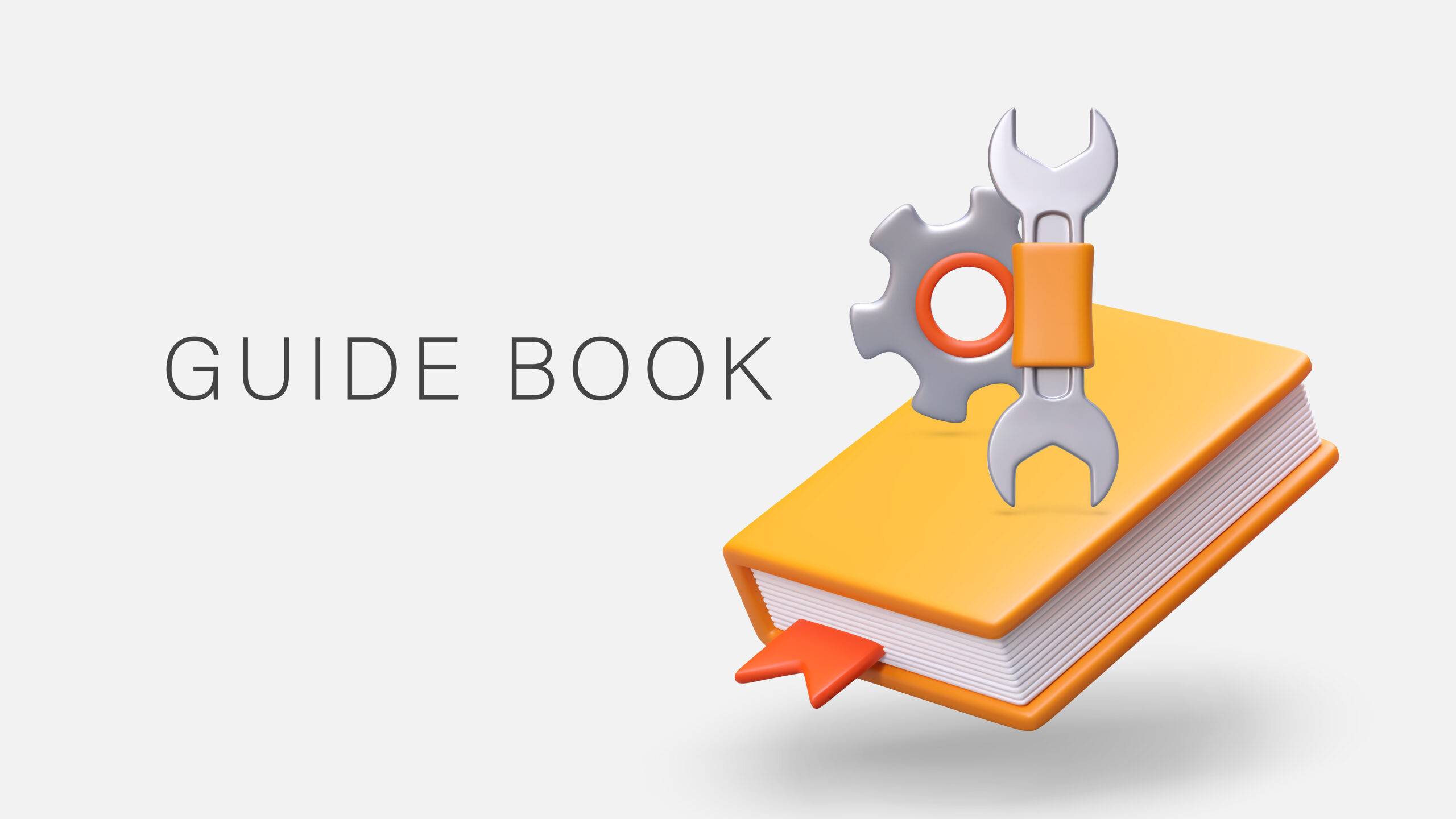Self-Study
Business Combinations and Consolidations
Get expert guidance on business combinations and consolidations for acquisition method, equity method, and goodwill accounting. Learn to report for complex mergers and enhance financial integration processes.

$87.00 – $107.00Price range: $87.00 through $107.00
Webcasts are available for viewing Monday – Friday, 8am – 8pm ET,
and Saturday & Sunday, 10am – 6pm ET.
Without FlexCast, you must start with enough time to finish. (1 Hr/Credit)
Please fill out the form below and we will reach out as soon as possible.
CPE Credits
3 Credits: Accounting
Course Level
Overview
Format
Self-Study
Course Description
The typical accountant views the accounting for business combinations with a certain amount of trepidation. This course reduces the anxiety level by describing all aspects of the associated accounting, including the identification of goodwill, reverse acquisitions, and related disclosures. The course also notes how to account for a reduced investment in an investee using the equity method. It goes on to discuss goodwill impairment, the consolidation of financial statements, and the steps involved in integrating accounting activities following a business combination. In short, Business Combinations and Consolidations provides a solid toolkit for dealing with the accounting side of mergers and acquisitions.
Need Flexibility?
Purchase now, choose later. Your credits are ready whenever you find the perfect courses for you.
Learning Objectives
Upon successful completion of this course, participants will be able to:
- Identify the circumstances under which step and reverse acquisitions occur.
- Specify the calculations required to determine the amount of ownership in an investee under the equity method.
- Recognize the situations in which impairment testing is to be conducted, and when goodwill amortization can be used.
- Identify the situations in which a controlling financial interest cannot be determined, as well as the types of eliminations used when conducting a consolidation.
- Recognize when financial statements are considered to be special-use.
- Identify the rules for dealing with intercompany transactions in the consolidated financial statements.
- Recognize the actions needed to centralize accounting activities following a business combination.
Course Specifics
1183412
October 23, 2025
There are no prerequisites.
None
86
Compliance Information
CMA Notice: Western CPE makes every attempt to maintain our CMA CPE library, to ensure a course meets your continuing education requirements please visit Insitute of Management Accountants (IMA)
CFP Notice: Not all courses that qualify for CFP® credit are registered by Western CPE. If a course does not have a CFP registration number in the compliance section, the continuing education will need to be individually reported with the CFP Board. For more information on the reporting process, required documentation, processing fee, etc., contact the CFP Board. CFP Professionals must take each course in it’s entirety, the CFP Board DOES NOT accept partial credits for courses.
Meet The Experts

Steven M. Bragg, CPA, is a full-time book and course author who has written more than 300 business books and courses. He provides Western CPE with self-study courses in the areas of accounting and finance, with an emphasis on the practical application of accounting standards and management techniques. A sampling of his courses include the The New Controller Guidebook, The GAAP Guidebook, Accountants’ Guidebook, and Closing the Books: An Accountant’s Guide. He also manages the Accounting Best Practices podcast. Steven has been the CFO or controller of both public and private companies and has been a consulting manager with Ernst & Young and …



